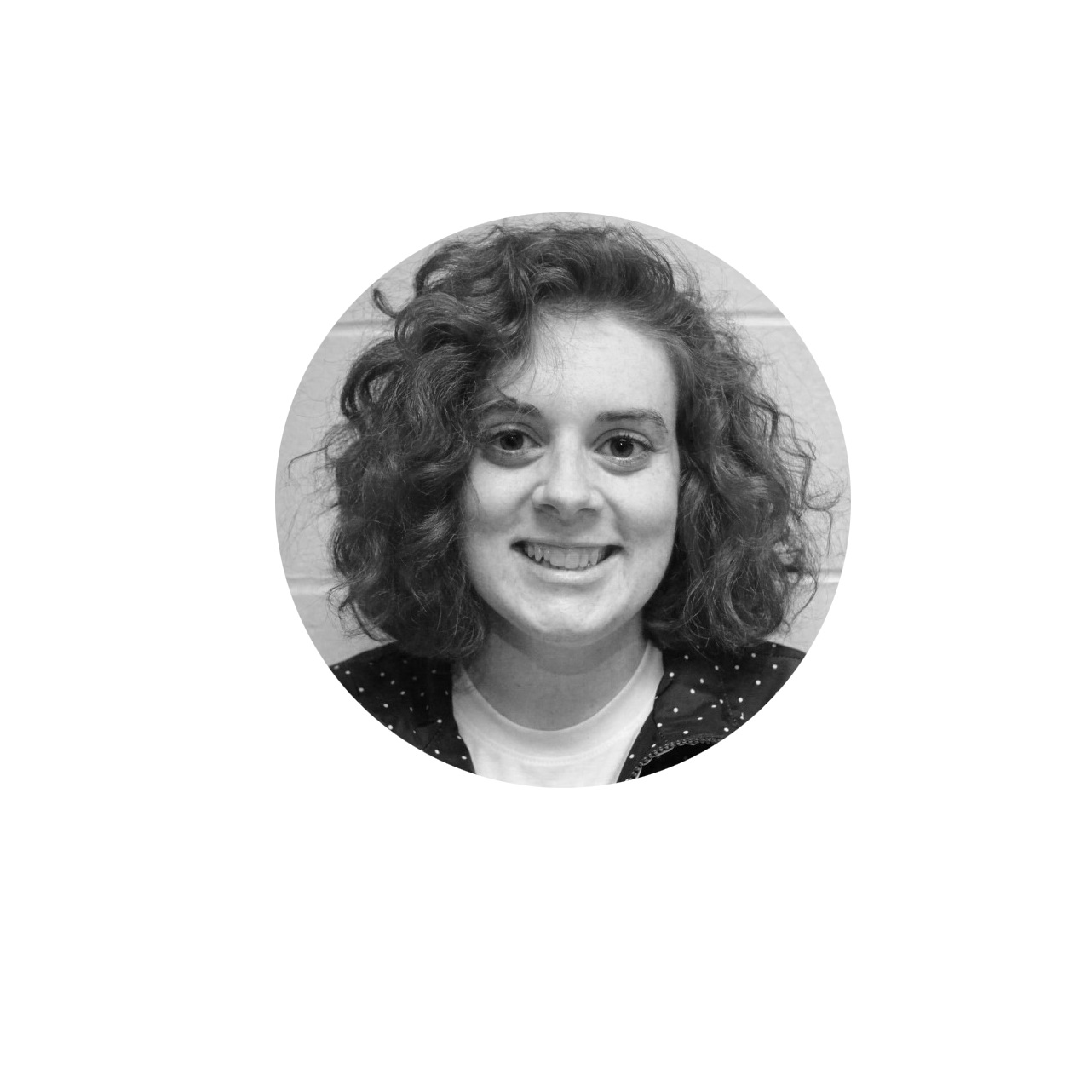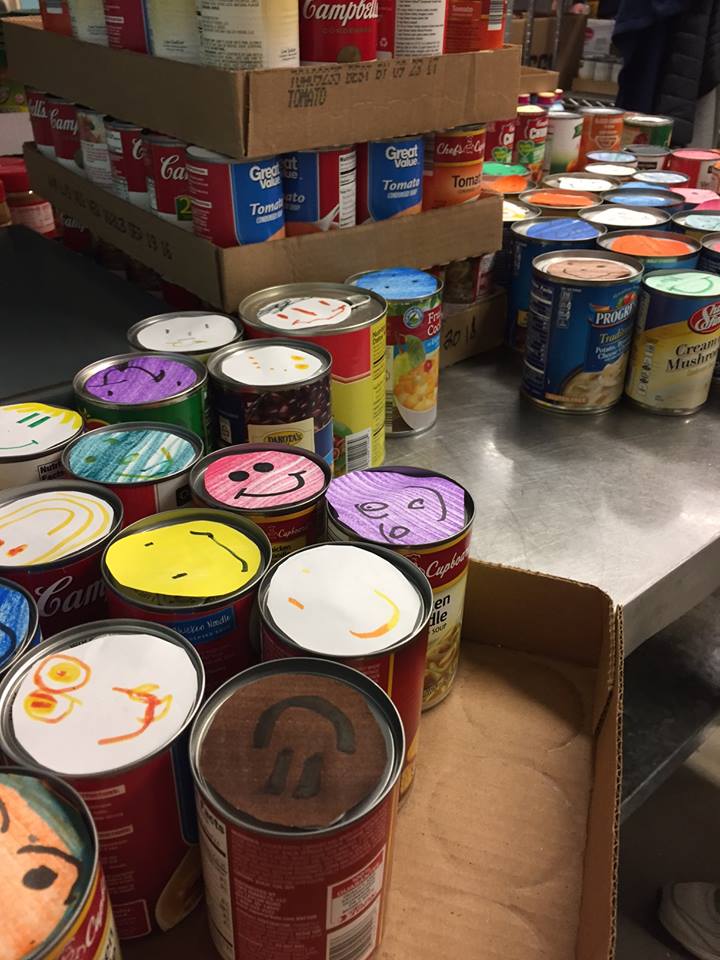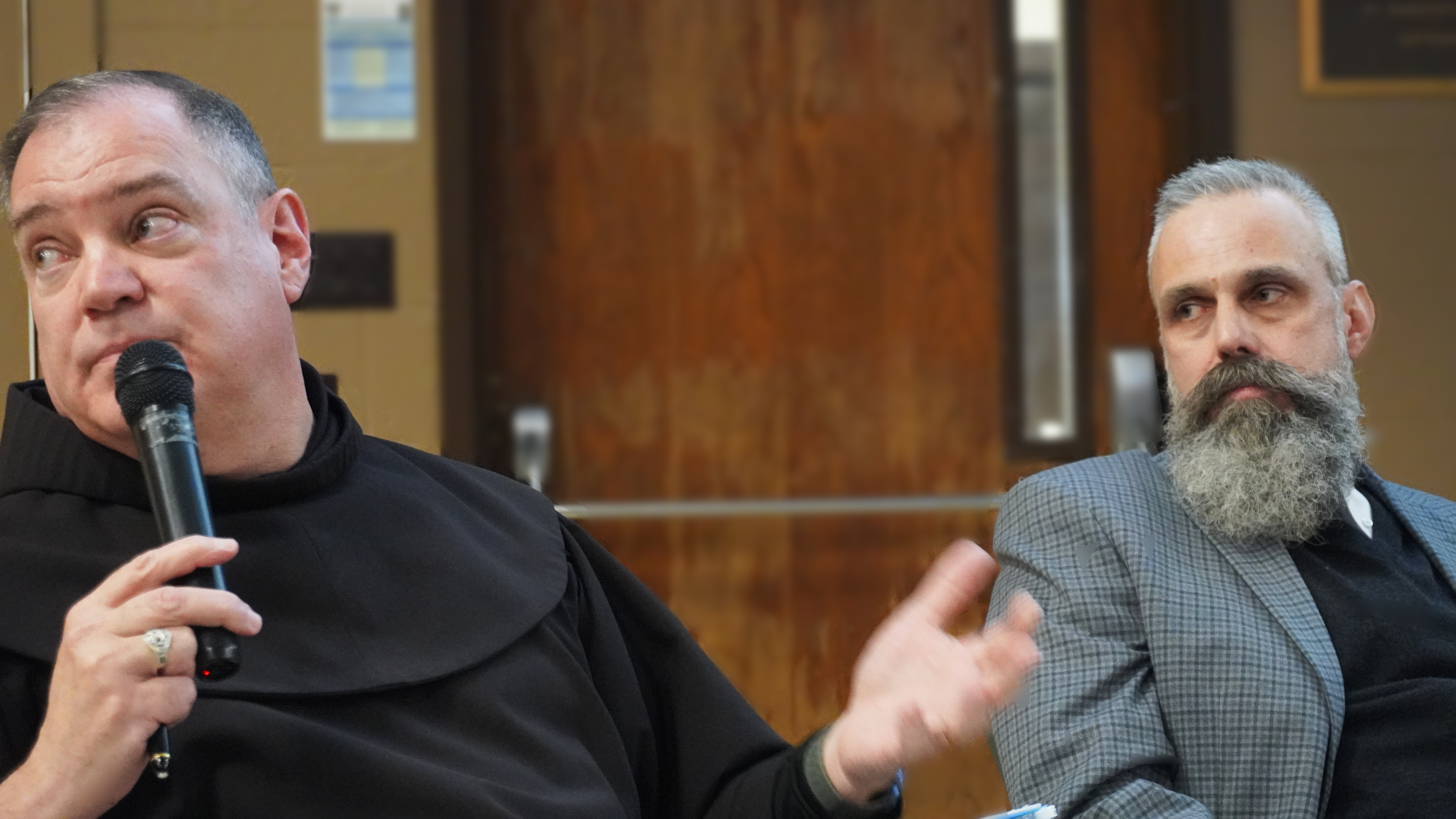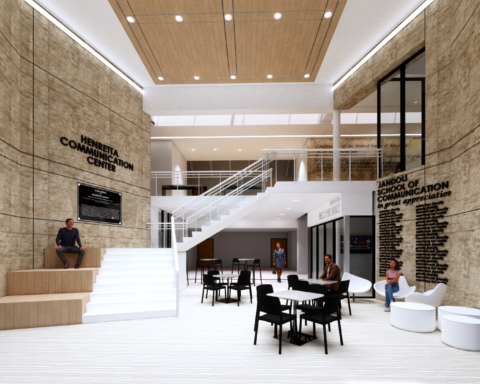By Vanessa Hulse
Staff Writer
For the past semester, I have been working on a project for the Honors Program here at St. Bonaventure. Part of my project was to learn about what it is like to live in poverty. Part of that was volunteering at the Warming House, another part was engaging in conversation at the Olean Food Pantry and yet another aspect was recognizing poverty in everyday situations. I realized I was in for more than I had bargained for. In every person I met at the Warming House or the Food Pantry, or even just in the check-out line at the store, I could see myself. We all like to distance ourselves from those that live in poverty because it is easier to live that way. It is easier because we don’t want to see what makes us uncomfortable. I’ve learned that being comfortable doesn’t change the situation, it only makes it invisible for the time being. If we took all of the effort that we put in to make those in poverty become invisible into something more productive and helpful to these people, the situation wouldn’t seem as daunting as it currently does.
Every day at the Warming House, or talking with others about poverty in Olean, showed a different aspect of what living in poverty means. Every day is a new experience. It is important to understand that we cannot place people in poverty in boxes as though their experiences are easily understood. As with all people, in order to understand someone, you must first listen to them. Through this project I have gotten to listen to a lot of stories and share many of them.
The most important thing that I learned from this experience is that I am no better than any of the people I met. In all the situations that I heard about or saw I could see myself ending up in the same exact situation as all of them. I am not immune. No one is. So rather than pretending, we should be doing what we can to effect change in productive ways. And the most productive way I have learned to effect change is by being there, by being present to people in tough situations. Volunteering at places like the Warming House is one way to be there. But the first step in producing change is seeing people as people, instead of treating someone less than human. Once, we can do this, the doors are open to a greater change.
hulseva13@bonaventure.edu









